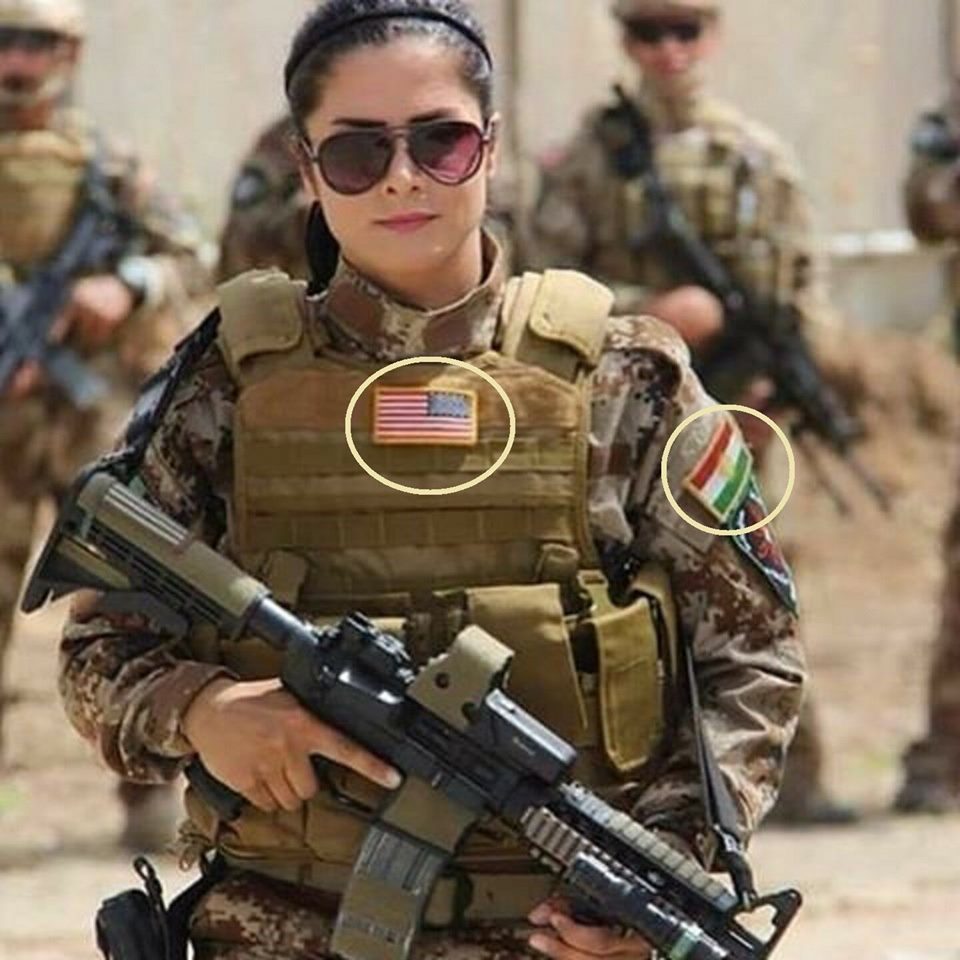
Views: 1972
Last week, the Turkish Armed Forces entered Afrin in Syria’s Aleppo. According to the Syria-based Kurdish Hawar News Agency, Turkey also intends to deploy troops near the Raju area and place its armored vehicles there.
Many Syrian experts believe that Ankara cooperates with the U.S.-backed Harakat Nour al-Din al-Zenki. Earlier, Spokesman of the armed opposition group Abdulsalam Adbulrazaq reported that Harakat Nour al-Din al-Zenki had reached an agreement with the Turkish troops over the deployment of Turkish soldiers at monitoring positions in Western Aleppo.
According to preliminary estimates, Turkey will provide opposition militants with all necessary weapons, and Harakat Nour al-Din al-Zenki fighters, in turn, will protect and cover the Turkish soldiers when moving to new positions. There is no doubt that the U.S.-backed group is acting with the tacit consent of its patron.
Notably, such agreements and greater cohesiveness between both sides were achieved against the background of the recent Turkish Prime Minister Binali Yıldırım’s official visit to the United States. The Turkish politician stressed that Turkey and the U.S. could make “a fresh start.”
The improvement in relations between Ankara and Washington is also proven by the tensions between the U.S. and Kurds. Apparently, this was caused by the actual refusal of the Kurdish formations to participate in direct fighting with the Syrian army (SAA) in the region of the Euphrates.
Besides, after the U.S. didn’t officially recognize the Kurdish people’s referendum for independence from Iraq, the Syrian Democratic Forces (SDF) was confused. The Command of the Kurdish forces came to the conclusion that despite all the assurances of support, Washington could sharply turn away from them at any moment.
Anyway, despite the fact that both sides haven’t given any official comments on their coordination yet, it becomes obvious that Washington has changed its priorities once again. Now it is more important for the U.S. to maintain good graces of its NATO partner than to defend the interests of the Kurdish side.
However, in this regard, a question arises: Should Turkey trust Washington if the U.S. is ready to play the Kurdish card whenever possible?
Author: Anna Jaunger, Inside Syria Media Center
Origins of images: Facebook, Twitter, Wikimedia, Wikipedia, Flickr, Google, Imageinjection, Public Domain & Pinterest.
Read our Disclaimer/Legal Statement!
Donate to Support Us
We would like to ask you to consider a small donation to help our team keep working. We accept no advertising and rely only on you, our readers, to keep us digging the truth on history, global politics and international relations.











